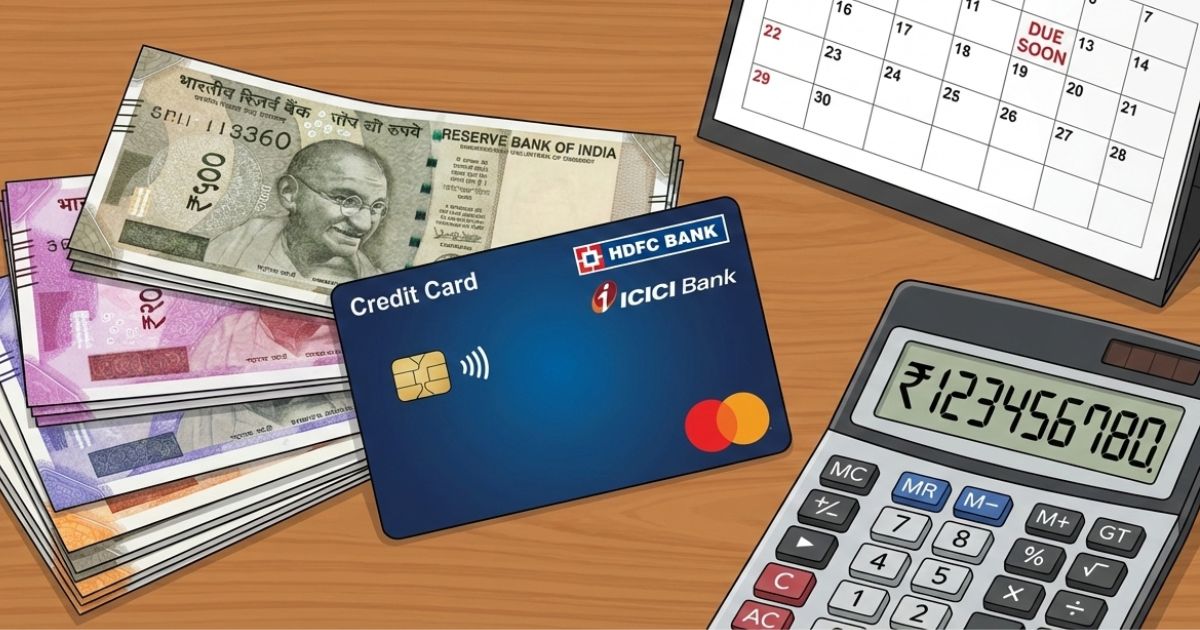
Featured post
What Happens If You Stop Paying Credit Card Dues in India?
Understand what may happen if you stop paying credit card dues in India, how lenders usually respond, and what options borrowers can explore during repayment stress.
Payments accepted only via official payment links. Never pay to personal UPI/QR/bank accounts. Report misuse here

Featured post
Understand what may happen if you stop paying credit card dues in India, how lenders usually respond, and what options borrowers can explore during repayment stress.
Understand RBI guidelines for recovery agents, borrower rights, and how to handle loan recovery contacts respectfully.
_1_.E8kmHkSz.jpg)
Cumulative loans may seem helpful but often lead to a debt trap. Recognize warning signs, seek legal and financial advice, and manage debt wisely for financial stability.


Confused about recovery calls after 7 PM? Understand RBI guidelines on recovery agent communication and borrower rights in India.

Loan default can feel overwhelming, but it’s not the end. Learn practical steps to handle missed EMIs, protect yourself from harassment, and rebuild financially.
.Ccsr6nps.jpg)
EMI pressure often pushes people toward risky quick-money solutions. Learn how to escape the debt cycle and manage EMIs safely without worsening financial stress.
.4C8tI_ta.jpg)
Learn how to use overdraft accounts wisely without losing benefits. Understand risks, interest calculation, and smart strategies to prevent debt and recovery pressure.

Learn how borrowers in India can explore a loan against property, understand the process, eligibility factors, and things to consider before applying.

Learn simple and practical ways to improve your credit score in 2026 by understanding repayment habits, credit usage, and financial discipline.